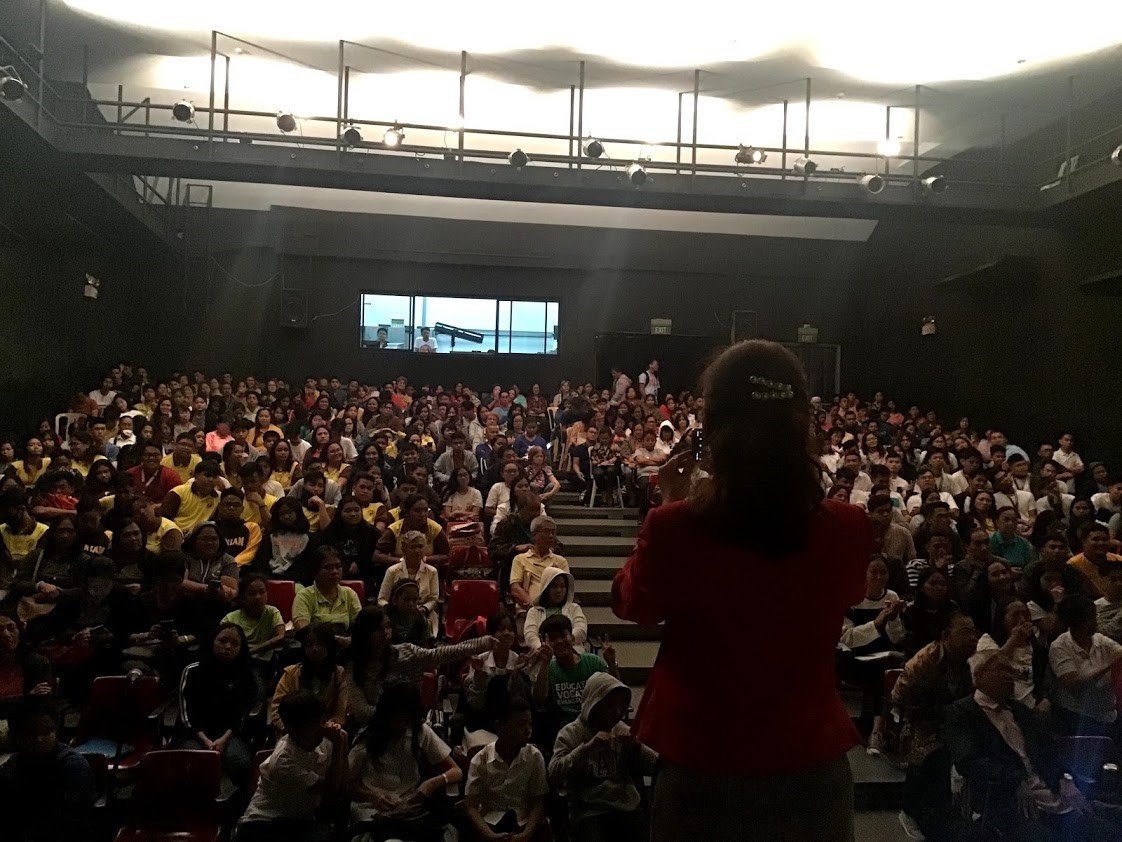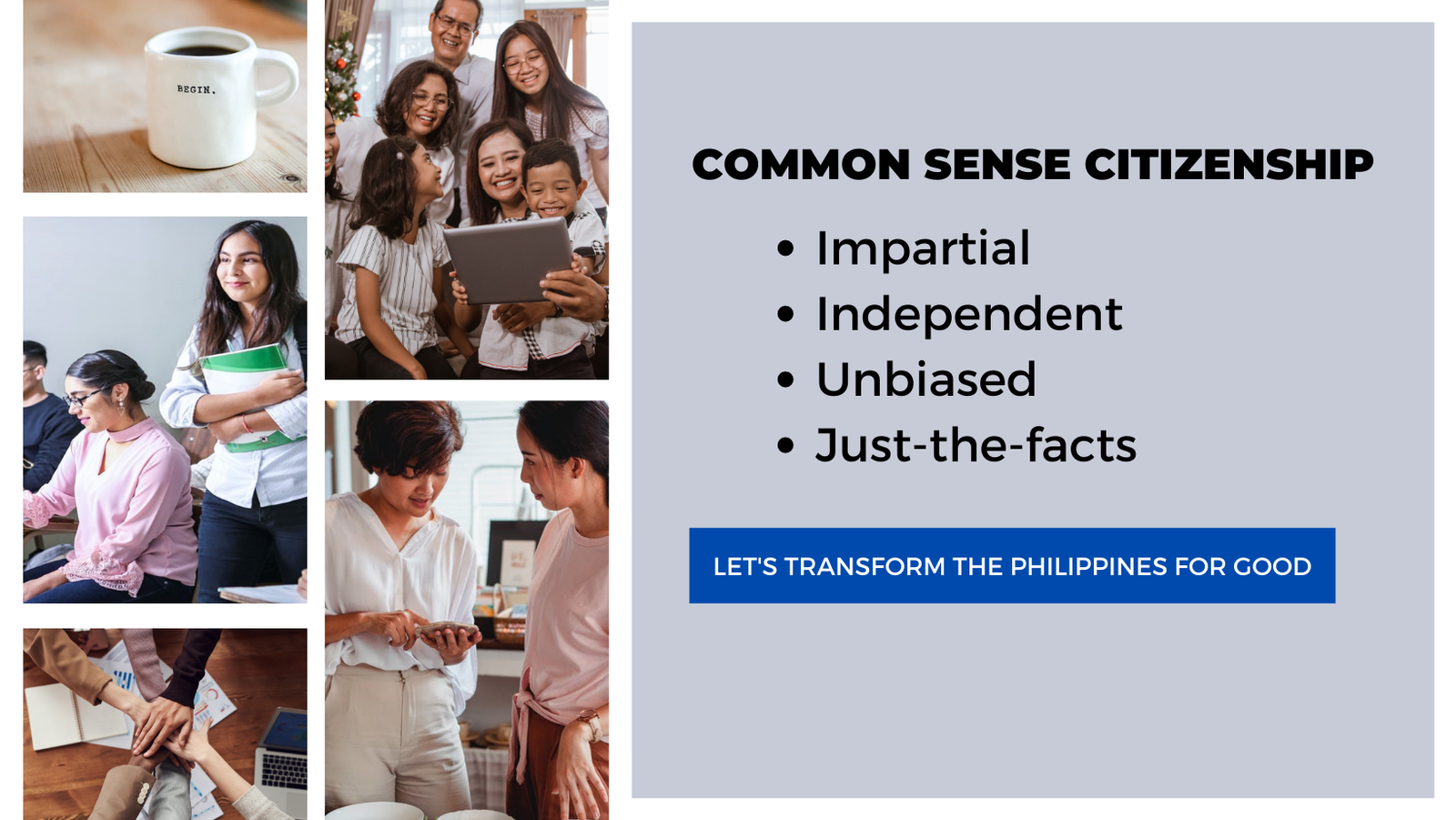The debate on gender equity, inclusion and diversity [GEDI] has taken centre stage in the last decades due to advancements in the educational attainment and labour force participation of women.
However, the hard-won progress in these areas suffered a setback due to Covid-19 uncovering deep-seated issues and worsening the existing ones.
For instance, women face considerable pressure to perform well, even in areas that disproportionately overburden them like housework and caring responsibilities forcing them to drop out of the labour force thus affecting their income, financial security and well-being in later years.
GEDI intersects with financial wellness because of the distinct socio-economic challenges women face.
The discussion below reveals the unique characteristics of women which informs us of the greater need to invest in education.

A. WOMEN ARE LESS FINANCIALLY KNOWLEDGEABLE AND LESS CONFIDENT
The studies [Lusardi and Mitchell, 2014] uncover that women tend to answer I do not know to standard financial literacy questions. Still, interestingly, a study [by Lusardi et al. March 2021] says that women know more than they think they know, which can be attributed to their confidence level.
Another research [Lusardi and Hasler, 2017] shows that not much has changed as women continue to show a lack of financial knowledge on day-to-day financial decision-making, which is quite problematic in later years.
These can have a greater impact on single mothers, singles and widows who badly need financial skills to navigate their challenges.
Low financial literacy impacts financial behaviour and well-being later in life as women tend to save less for later years than men [Lusardi and Mitchell, 2014].
STEREOTYPE THREAT
A study [by Tinghög et al., 2021] showed that women’s confidence is closely linked to how they evaluate themselves in financial context, including increased anxiety that women feel toward financial matters which explains the gender gap in financial literacy.

B. WOMEN ARE LESS LIKELY TO PLAN
The lack of planning affects women's various life events, particularly separation and illness. Becoming a single mother is one of the leading reasons women go into poverty. Based on a WHO study, the Philippines has about 15 million solo parents, 95 per cent of whom are women.
C. WOMEN ARE RISK-AVERSE AND LESS WEALTHY
Based on studies, women are nervous investors, so they tend not to participate in the stock market or take risky investments.
In a study [Almenberg and Dreber 2015, and Lusardi and Mitchell 2008], women own fewer assets, which explains the significant wealth differences between men and women.
The joint study of the World Economic Forum and Willis Towers Watson reveals that women, on average, accumulate only 74% of the wealth that men have because women tend to drop out of the workforce and therefore accumulate lower pension contributions.

D. LOWER PAY, LOW SAVINGS AND LONGEVITY
Women’s distinct challenges have implications for their longer life expectancies than men. Women face lower lifetime income than men and high career interruptions due to child-rearing, elderly care and other unpaid work, making them vulnerable later in life.
Lower financial knowledge, lower income and low savings weaken women’s economic security in later years.
MOTHERHOOD PENALTY
Interestingly, pay disparity does not only exist between men and women based on studies but also between women with children and women without children.
E. COVID-19 AND FINANCIAL FRAGILITY
Low financial literacy is correlated to difficulty in managing unexpected financial setbacks. Women than men tend to struggle with access to emergency funds. It puts women at greater financial risk (Hasler and Lusardi 2019).
The low financial knowledge of women was highlighted during this disruptive period.

SELFMATTERS MISSION
SELFMatters exist to create the most gender-sensitive, research-based and behaviourally designed and unbiased financial wellness courses of the 21st century for women, men and youths to empower them to build financial capability, resilience and greater financial security, particularly in later years.
SHARED RESPONSIBILITY
If we are to close the gender parity gap and increase women's financial literacy and confidence, we should go to areas to fill the gap and work together to create policies and programmes that would accelerate the creation of a more equitable world for women and build an ecosystem of support to boost their financial knowledge and confidence.
SELFMATTERS collaborate with employers, schools and various organisations across sectors to build wider access to financial literacy.
We advocate increased awareness of women's intrinsic human agency to become financially independent.
Let us build a culture and mindset for women to build their confidence for risk-taking, and increase their knowledge of who they are, what they want to achieve, and how to achieve them.
Let us expand their worldview to make informed, confident choices and decisions that achieve their deepest aspirations.
EMPLOYERS, SCHOOLS AND COMMUNITY LEADERS
Employers and business leaders can leverage the power of community within the workplace to reach a diverse demographic segment, such as women, for massive gender equity, diversity and inclusion to spring up.
Your Call to Action is to include financial literacy in the employee benefits or employee care menu offerings at the right time, from onboarding through to retirement, supporting them in different life events.
The study has shown that financial education programmes are particularly successful for women (Clark et al., 2006).
A study (Urban, 2017) also revealed that "a workplace-based education can have a significant effect on retirement saving, as well as other financial behaviours.
The World Economic Forum supports workplace financial literacy to boost literacy, confidence, and financial resilience and to reduce the gender wealth gap. Please read more here.
Colleges and universities can make financial literacy an essential benefit for the teachers and school staff, and a required life skill course for students before they transition into the world of work to equip them with skills and knowledge to thrive in an increasingly complex environment.
Many studies reveal a positive correlation to behavioural change in accessing financial literacy at a young age [Kaiser and Menkoff, 2016].
No student should graduate without taking financial literacy.
The SELFMATTERS Workplace Financial Wellness Programme is a timely, relevant, once-in-a-generation-opportunity to shape the workplace culture to be a brave space for women to grow financial knowledge and confidence and a kinder, more compassionate, healthier and equitable place for everyone.
















































